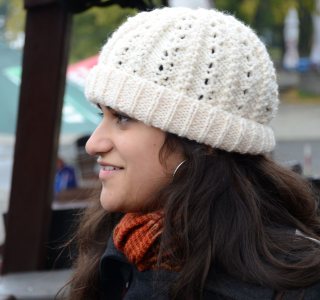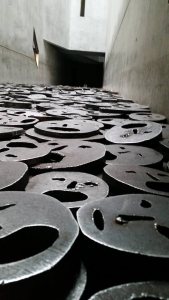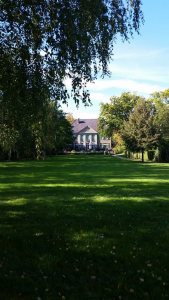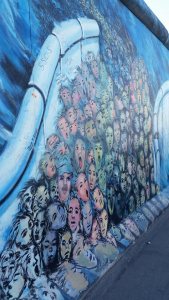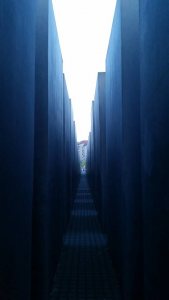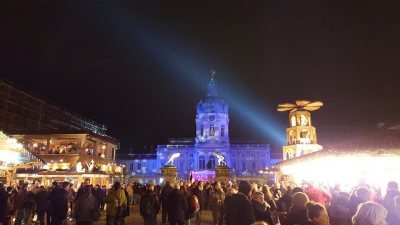Praneet Kang (’17) on the 2015 FSA in Berlin
“Zurück bleiben, bitte,” a mechanical voice sounded along with obnoxious beeps as the doors to the U-Bahn slammed shut. Yet I had grown to love this obnoxious sound, something that signified my comfort in a completely new country with a language I was struggling to learn. Going abroad on FSA can be amazing in the sense that you always have people to fall back on; that piece of Bates that brings comfort with you when you are thrown in to a place that is not yours. To optimize on the experience, you must get over the fear of traveling alone or doing things that you would have never tried otherwise.
This experience is something that I felt and cannot really give justice through words. It was the act of forming a new life.
Therefore, I think it is more meaningful to present bits of experiences that flash through my mind whenever someone asks me about what abroad meant to me.
- German crime shows on Sunday nights with my host family, home cooked food, and wine;
- People-watching while eating Döner Kebabs (scharfes sauce is the best) near packed streets;
- Waiting for the bus late at night in the middle of the bustling Potsdamer Platz, picturing how much destruction and transformation had transpired in the past 100 years;
- Walking over stumbling stones in the sidewalks, the purpose of which was to commemorate victims of the Holocaust;
- The broken down remnants of the Berlin Wall and the line that marked where it used to exist;
- Museums that changed the way I viewed the past; tall black rectangular stones, faces, mountains of the hair of Holocaust victims;
- Feeling really “Berlin” when I instinctively knew which trains to get on to get to a random destination;
- The outskirts of East Berlin, filled with abandoned warehouses and large, open spaces;
- Those warehouses that turned into raging clubs with flashing lights and hypnotic music;
- Walking the length of Tempelhof Airport’s runways where Hitler had made speeches but now was being used to house refugees;
- The huge lakes of Wannsee with villas and gardens;
- Overnight buses to different capitals of European countries;
- Christmas markets glowing in the evening with dozens of stands of Glühwein, warm snacks, ornaments, and other handmade things;
- The moment when my phone was pickpocketed and when I realized that it wasn’t the end of the world;
- Meeting random people in hostels from around the world and finding that they aren’t much different than yourself;
- Finding out about a show, museum, event, bar, and just going on a whim;
- The view of Berlin from my plane as we took off – and the moment I truly realized that I was leaving a city that I could finally call my city.
